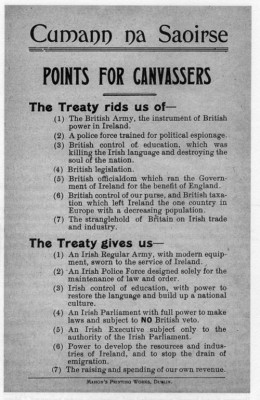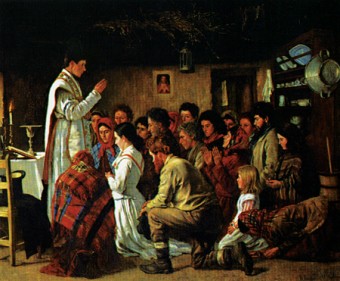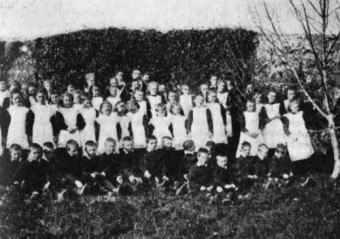Search Results for 'Irish Church Missions'
4 results found.
Civil War - British gunboat sent to Clifden

June 22 1922 Galwegians looked on with alarm as anti-Treaty forces, who had taken up positions in a number of buildings in the city, including the former RIC station at Eglinton Street, were preparing for a fight. That morning Michael Brennan, IRA commander of the only major pro-Treaty unit in the west, under orders from Richard Mulcahy Free State Army commander, entered the city with a large well armed force. They immediately secured the county-jail, the courthouse, and the railway hotel. Having seen the end of the War of Independence, and having voted by a substantial majority just weeks before for parties supporting the Treaty with Britain, this was a tragic state of affairs. Galwegians feared an all out pitched battle, followed by the horrors of the previous years of struggle. This time, however, the enemy was not Britain, but former friends and comrades.
Public talk on the Protestant missions to Connemara
For nearly a century the Protestant denominations in Ireland set up missions in Connemara. Many were about winning converts, but others sought to help the communities they encountered.
The sad leaving of Mary Mally (Malley?)

The anger and violence that erupted against the Protestant Irish Church Missions and their schools and orphanages in western Connemara towards the end of the 19th century, makes for harrowing reading today.
An unseemly brawl over God and scripture

In a week when The Irish Times reports an unseemly brawl between Armenian and Greek Orthodox monks who physically battled over turf and influence in the Church of the Holy Sepulchre in Jerusalem, revered as the site of Jesus’ crucifixion, I was reminded of the unfortunate battle for the souls of Catholics in the aftermath of the Great Famine. This episode in Connemara’s long history still engenders passionate feelings today. The expression ‘they took the soup’ is still very much alive. At the time the campaign for souls splintered communities, and divided families. In a new book Soupers and Jumpers* Miriam Moffitt reminds us that Catholics and Protestants were convinced that their religion - and only theirs - was the ‘one true faith,’ and that anyone who lived, or more importantly died, outside their particular belief system could not enter heaven. From the middle of the 19th century, the poor of Connemara and the Dublin slums were targeted by the well intentioned Anglican Irish Church Missions.

